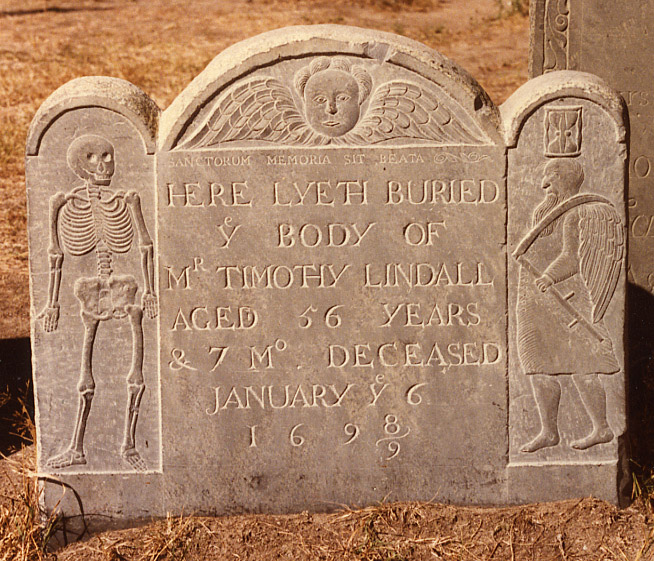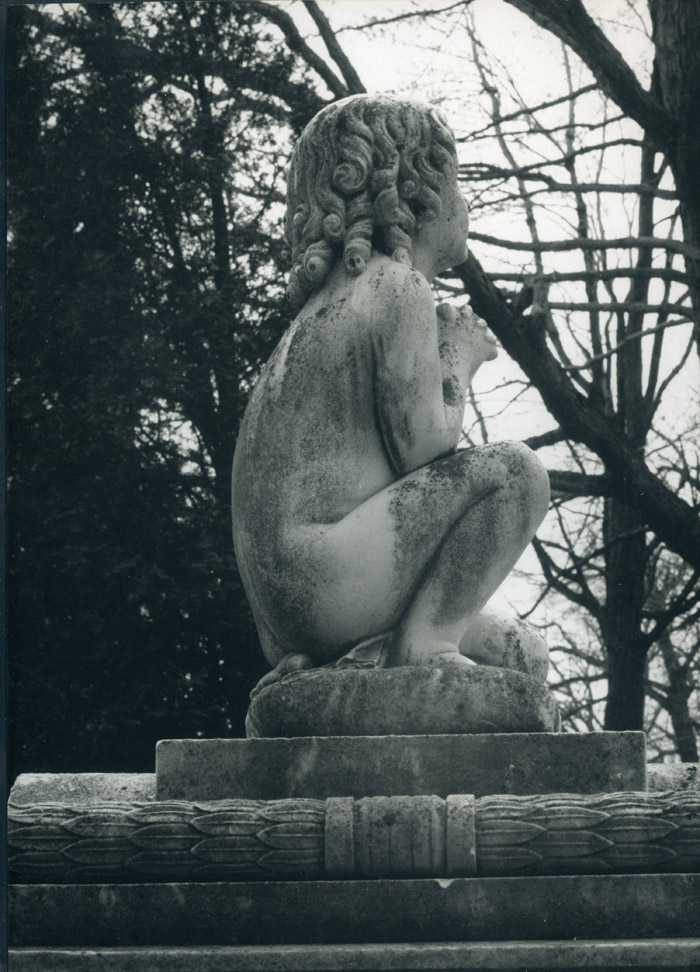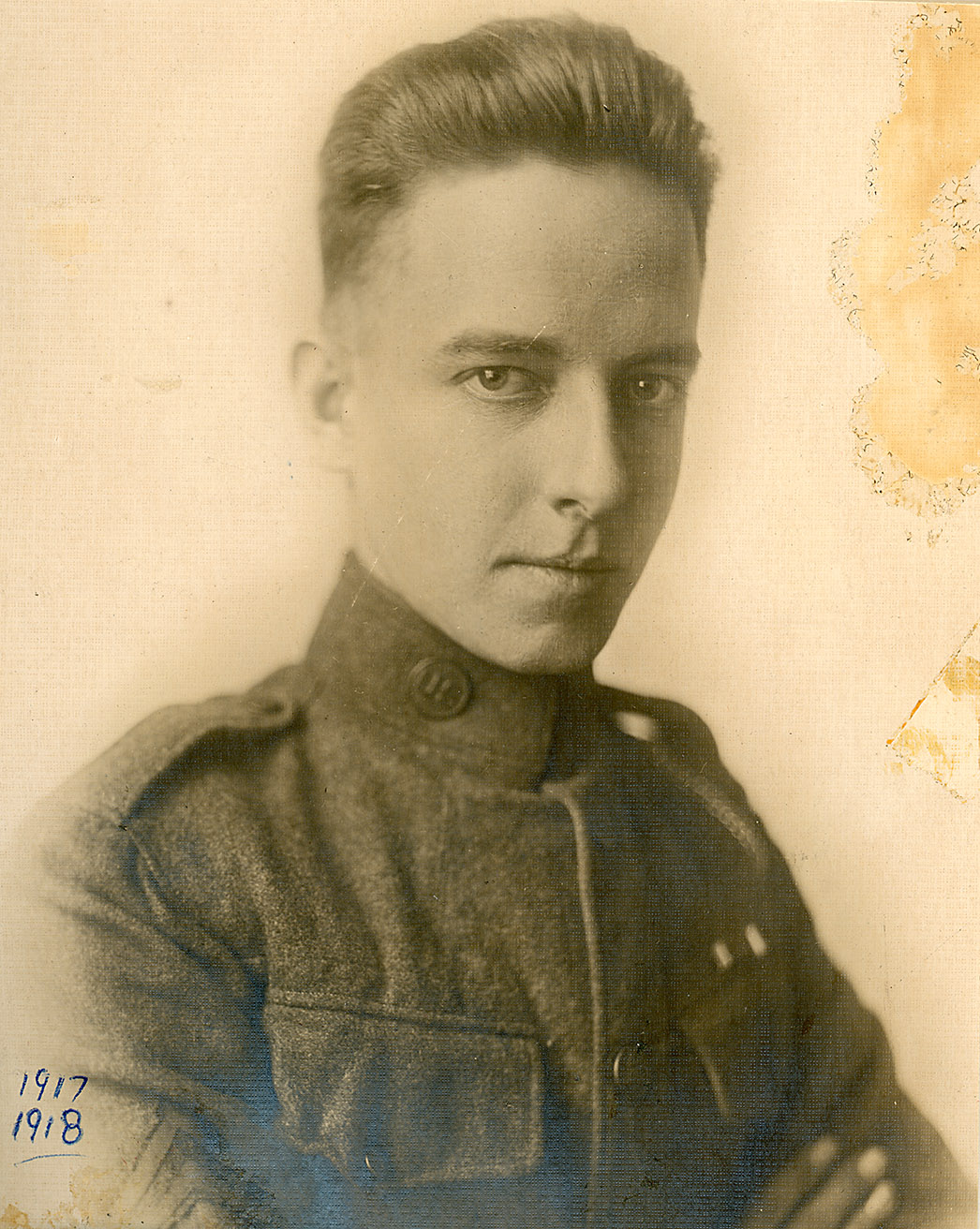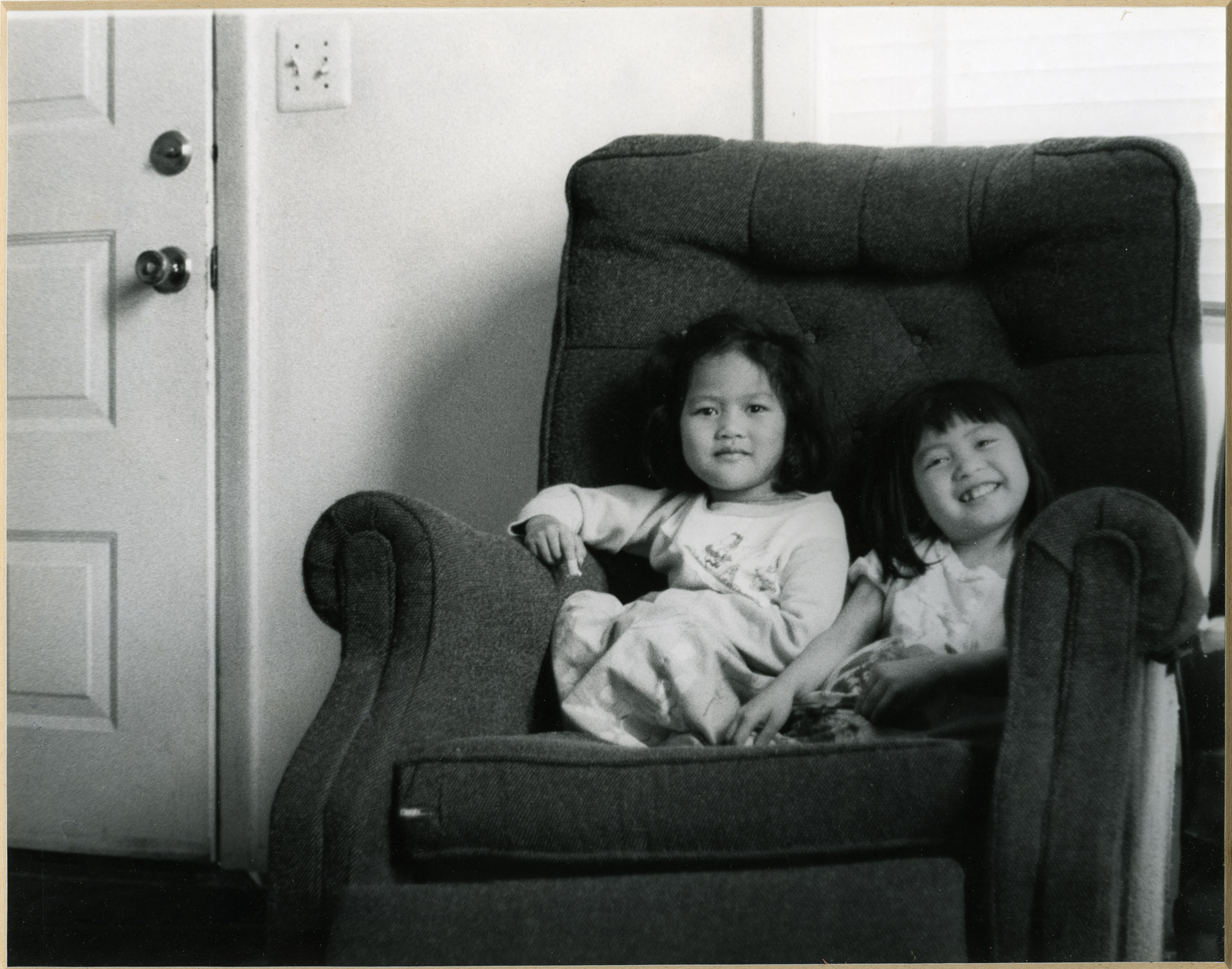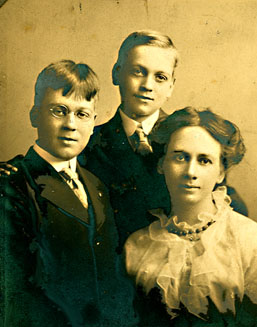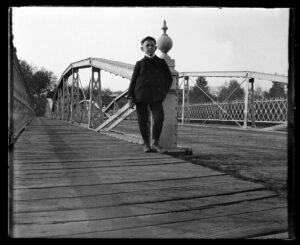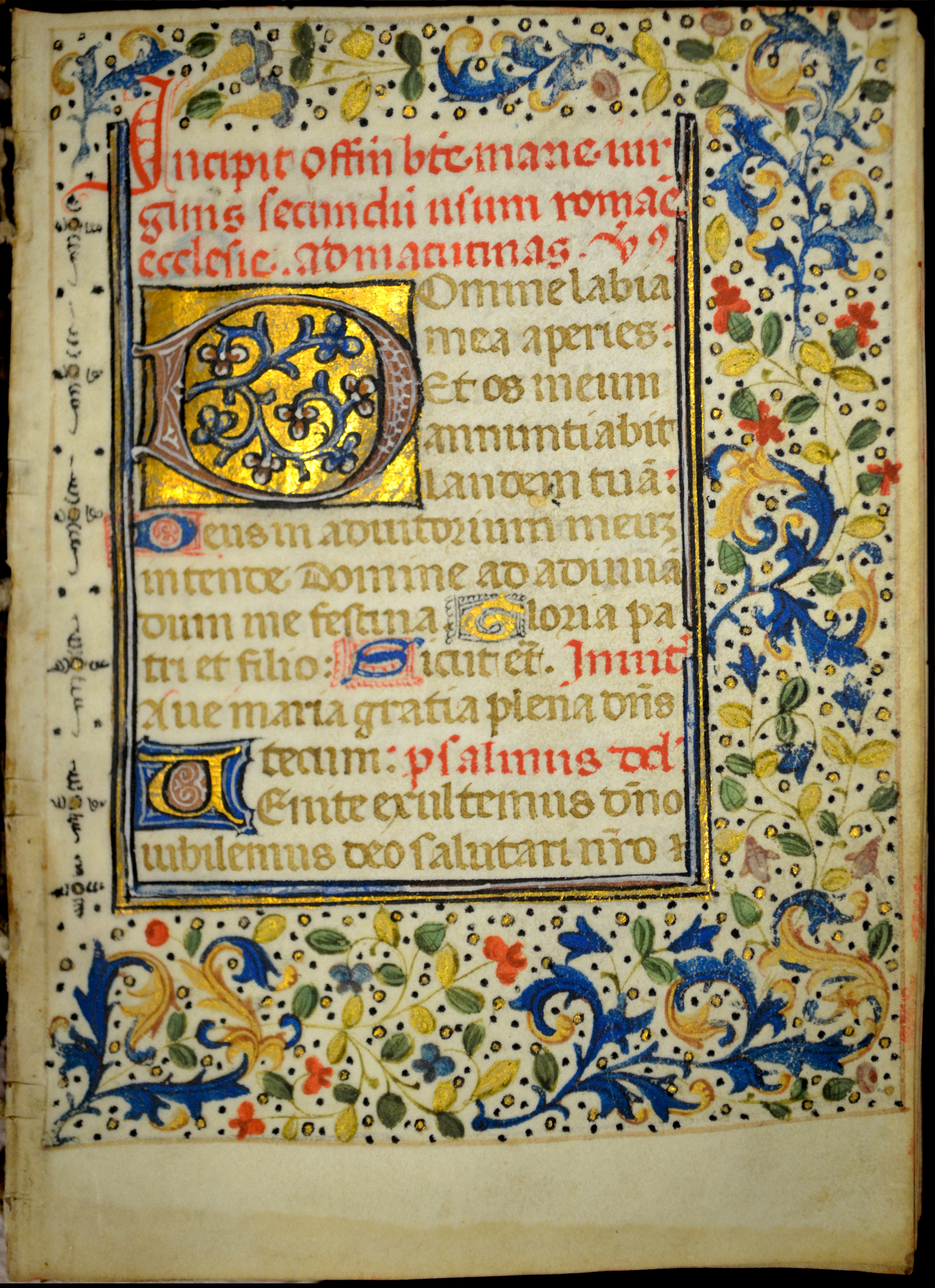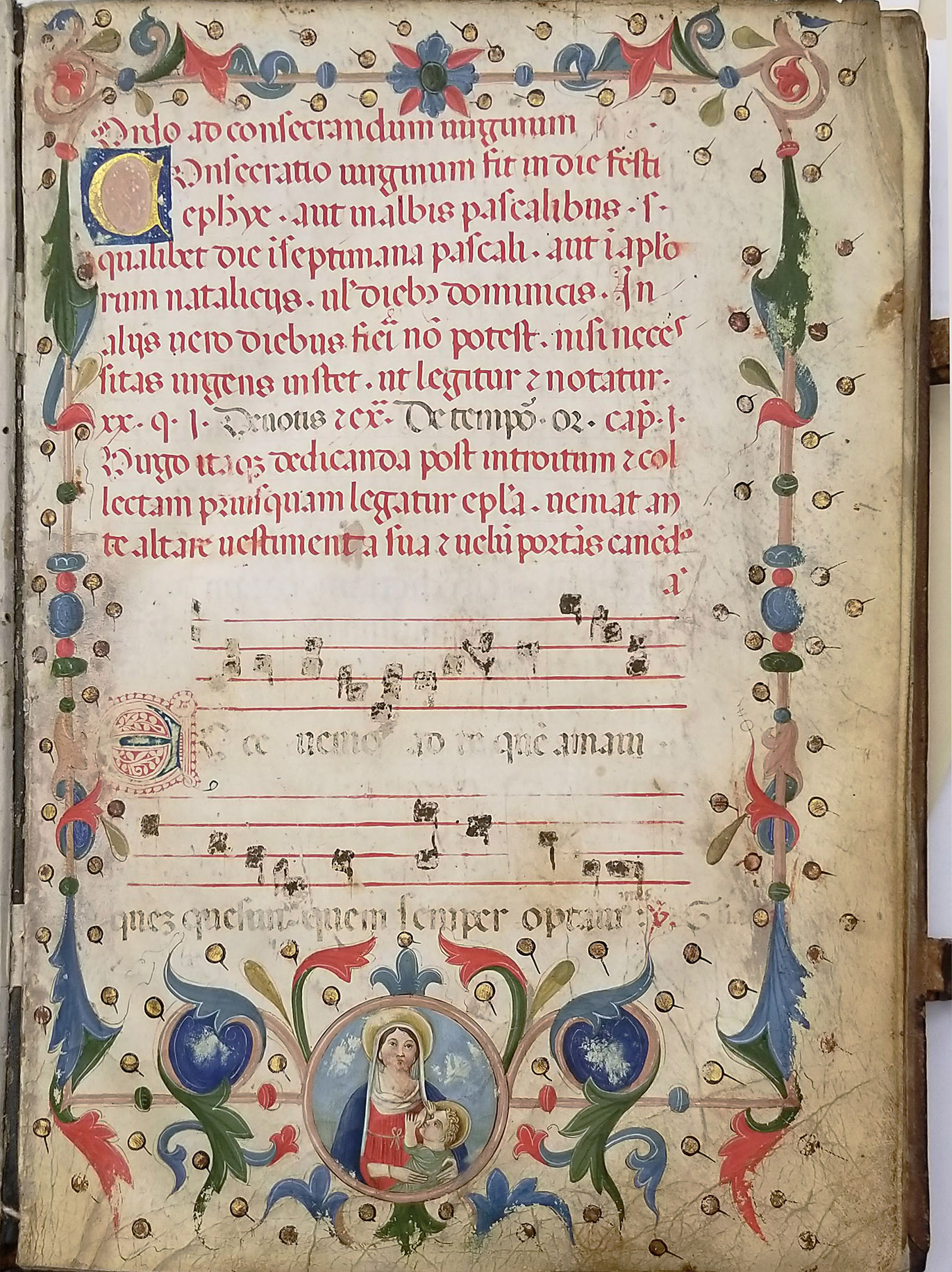Terri Cappucci Glass Plate Negative Collection
1860-1950
14 boxes
Call no.: PH 99
Collection of of 2,500-3,000 glass plate negatives that date back to the 1860s donated by local photographer Terri Cappucci. Cappucci, who received her MFA at UMass Amherst, is a documentary photographer, alternative process printer, and educator who has been producing her own nineteenth century-style photographs using the wet plate collodion process for many years.
Most of the negatives in the collection are undated and have little to no information about where they were taken or who the photographer was. To address this, Cappucci created the “Somebody Photographed This” website and Facebook group. She also utilized her expertise to determine that the photographs in the overall collection were taken by several different photographers. While most of the collection is from Western Massachusetts, specifically Franklin County, there are also images from the coastal towns of Massachusetts. Cappucci then cleaned and digitized some of the most compelling images from the collection and posted them to the “Somebody Photographed This” Facebook page during the pandemic in 2020. Followers left comments to share locations, dates, and additional information about the photos. This led to Cappucci receiving additional glass plate negative collections from people from around the world, as well as articles about the project in the Boston Globe, Greenfield Recorder, Montague Reporter, and UMass Magazine, along with a televised segment on NEPM. Cappucci started a GoFundMe campaign and raised funds for preservation supplies.
In 2023, Cappucci approached SCUA to permanently house the collection amongst our vast holdings of photograph and manuscript collections.
Subjects
Franklin County (Mass.)--HistoryFranklin County (Mass.)--PhotographsFranklin County (Mass.)--Social life and customsGreenfield (Mass.)--PhotographsMillers Falls (Mass.)--PhotographsMontague (Mass.)--PhotographsNew England--HistoryTypes of material
Glass plate negativesPhotographsPostmortem photographs
Restrictions: none none


